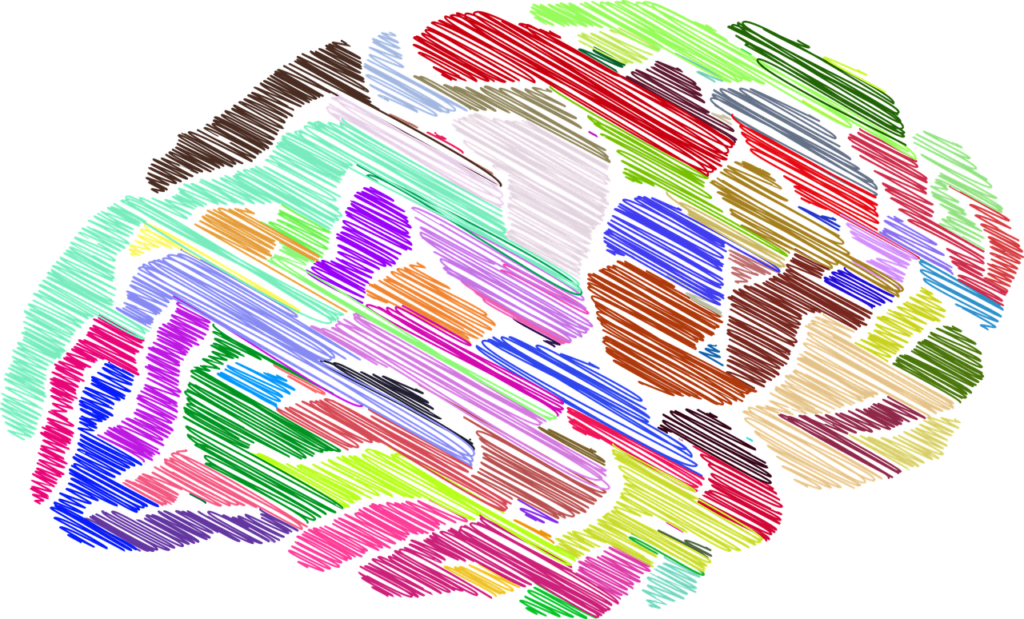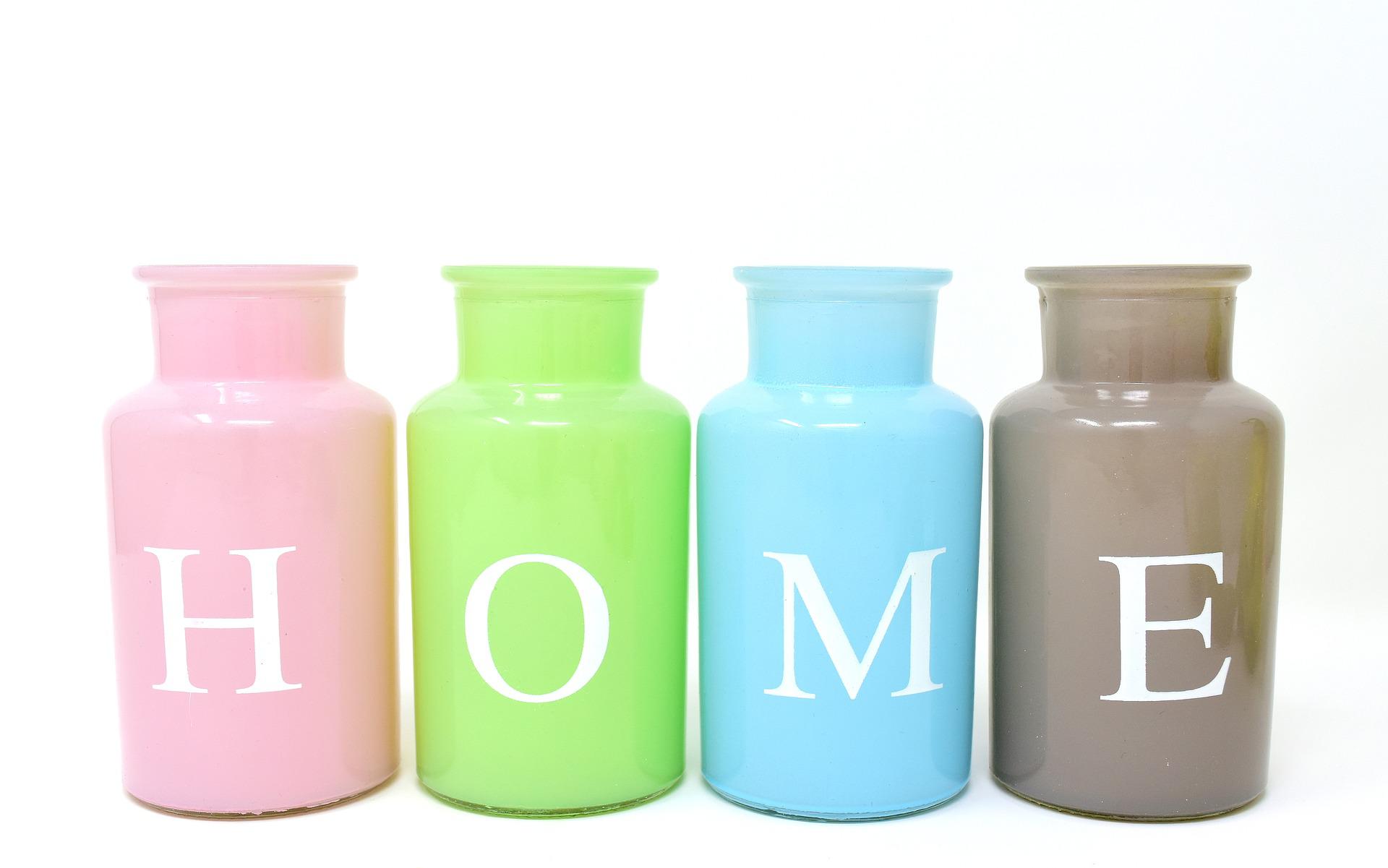Has it happened with you too that you entered a premises which was painted in white and yellow and you felt as if it was relaxing sunshine and warmth around you?
IMPORTANCE OF ENVIRONMENT, LIGHT AND COLOURS
The environment has a tangible effect on human brain, physical health and also on the quality of life. Natural light plays a very important role in any home/premises. It plays a significant role as it is required by the humans for our cells so that they can function and grow appropriately. In addition to natural light, when humans are exposed to any other colour or different colours, the respective colour vibrations will lead to different types of mental, emotional and physical state. Additionally, it is also important to understand that colours can change their character with the change in light and saturation.
The Science of Colors as per Vastu Shastra, homes/residences used to be bigger spaces and definitely had a greater access to sunlight whereas in the present times, sunlight is largely coming in from just one side in the home and therefore, some areas of the home may become completely dark and thus the significance of colours and colour tones is increasing in a greater way in the present times.

In the earlier times, homes/residences used to be bigger spaces and definitely had a greater access to sunlight whereas in the present times, sunlight is lathe colours used in a décor, space is especially important because every specific color used will reflect the light in that specific area and also the color that is implemented will also connect with human subconscious mind for sure.

IMPACT OF REFLECTED LIGHT IN A SPACE
In every room, there are several essential elements that is four walls, a floor and a ceiling. Thus, what can actually go to make a room overstimulated and under stimulated is the colour palette. In the absence of natural light being available in every room, it is actually the colour of a particular room/space that will be primarily reflected and will lead to intensity of that room. When the intensity of colours is weak or is a monotonous colour contrast, it can lead to the creation of an under stimulated environment. Whereas, use of saturated colours and usage of strong contrasts or may be usage of too many clashing and visual patterns can result in a totally overstimulated environment in a given space. Thus, what is extremely important is to ensure the right balance of colours and contrasts.
SIGNIFICANCE OF PANCHTATVA
God has created several things for the peace and healthy survival of human beings. If we align our efforts in balancing and coherently using those energies, then it can actually lead to proper and systematic functioning of human body. According to Vedasrivastu, A human life cycle is actually based on total five elements. Water forms a large part of our body and our body’s essential need is both oxygen and water. The source of oxygen is the plants and trees around us and we can also get wood from the trees. The wood that we obtain from the trees can be used to produce fire and for fire to keep burning, air is required. The ashes that get produced because of burning of wood are absorbed by the Earth. Thus, these five elements and balance around them constitutes the “Science of Panch Tatva”. Each of these elements has a specific colour associated with it and also a direction or a zone such as:
- North zone: is always correlated with the water element and hence is considered to be the coolest zone and the colour that is associated with the same is Blue Colour.
- East Zone: is associated with the rising of Sun and thus, new life comes from the East and with the East Zone, the colour that is associated is the green colour.
- South Zone: is associated with the fire side and thus red/orange or colours of this family are associated with the South zone.
- South West Zone: the direction is associated with the element of Earth and the colour that is associated with this zone is Yellow.
- West/North West zones: The colours which are associated with this zone are Grey, Silver, and White.
Whenever we look at a particular zone, human sub conscience connects a zone with a particular colour and as per Vastu Consultant in Dubai, if the colour of the zone will be in alignment with the zone to which the sub conscience connects itself – it will always yield positive energy and bring in harmony. Therefore, the balance of colours in different zones becomes extremely important.
Most of the times neutral colours such as white, black, brown and grey should be targeting to achieve the balance in a décor including stronger colours which could be either active or passive. Also, if in a particular context, zone wise implementation of colours is not possible, then best would be to use neutral shades of colours such as off white, warm white, etc. Making the use of lighter and neutral shades on most walls and furnishings will help in making spaces look bigger and also will ensure to create a harmonious and balanced space.





